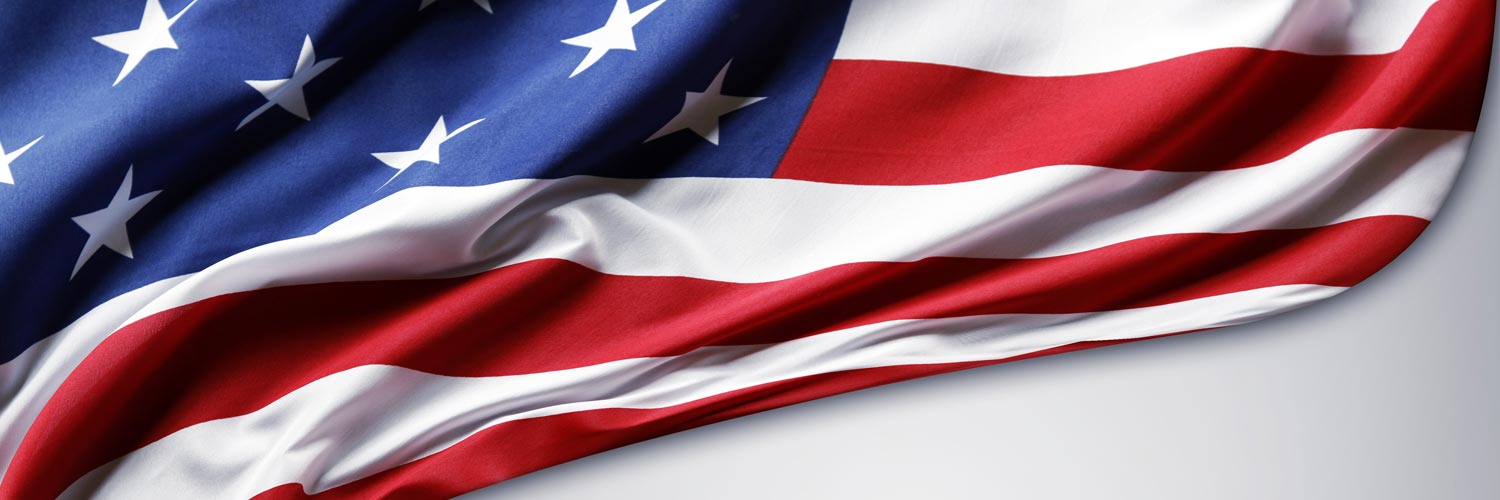Contributed by Valerie Peterson, J.D.
Lately we’ve been hearing attorneys say they no longer practice in the Veterans pension benefits area. This is unsettling, as there is a huge need to help wartime Veterans (and surviving spouses) obtain benefits that will help pay for long term care and there simply aren’t enough attorneys to assist them.
If you’ve considered helping wartime Veterans or their surviving spouses in the past, or haven’t yet considered it, please keep reading. We’ve provided 4 reasons it can be a hugely rewarding practice area for you and your clients.
Reason #1: There are numerous potential recipients and not enough attorneys.
There are a lot of wartime Veterans and surviving spouses in the U.S. who could qualify for pension benefits. The definition of “wartime” for purposes of obtaining long term care benefits includes the following:
- World War II (December 7, 1941, to December 31, 1946)
- Korean conflict (June 27, 1950, to January 31, 1955)
- Vietnam War era (February 28, 1961, to May 7, 1975, for Veterans who served in the Republic of Vietnam during that period. August 5, 1964, to May 7, 1975, for Veterans who served outside the Republic of Vietnam.)
- Gulf War (August 2, 1990, through a future date to be set by law or presidential proclamation)
The wartime Veteran did not have to serve in actual conflict. The requirement is for 90 days of active duty service with one day during a declared period of war (exceptions apply after September 8, 1980).
Reason #2: Many wartime Veterans do not know they can qualify for monthly payments.
Veterans pension, including an allowance for aid and attendance, is not widely advertised. This is unfortunate as the pension program is designed to help a wartime Veteran (or surviving spouse) with medical needs pay for care. The aid and attendance benefit for a married wartime Veteran can be over $2,000/month paid directly to the Veteran. A surviving spouse can receive over $1,000/month (medical requirements apply to both).
Long term care costs continue to rise and helping wartime Veterans obtain pension benefits (with an aid and attendance allowance) helps them stay at home or in a less restrictive environment longer as they now have a payment source to help pay for the care. Without the benefits, many wartime Veterans and surviving spouses could be forced into a nursing home in order to qualify for Medicaid benefits.
Reason #3: The new eligibility rules allow Veterans to keep more.
In October 2018, the Veterans Administration (VA) made sweeping changes to the eligibility rules for VA pension, including aid and attendance. A wartime Veteran or a surviving spouse can keep up to $129,094 in 2020. This number increases each year.
A wartime Veteran’s home is also not counted in that $129,094 number, nor are numerous other personal belongings, like family transportation vehicles, personal property, and burial plots.
Bonus Reason: You will receive lots of hugs (and probably brownies).
Because not many wartime Veterans or surviving spouses are aware of this benefit, they will be extremely grateful to you for helping them obtain thousands of dollars a year to help finance their care, and to help them stay at home. This will result in hugs, thank you notes, and, most likely, plenty of baked goods.


Be the first to comment on “Three Reasons You Should Be Helping Wartime Veterans Obtain Needed Benefits”